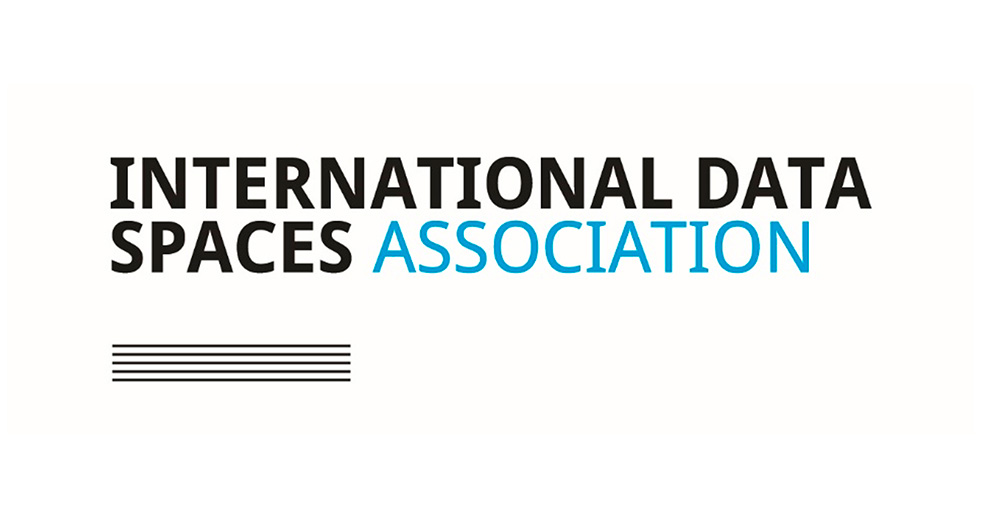10 posts found
Data on the banking sector: sources of access
Access to financial and banking data is revolutionising the sector, promoting transparency, financial inclusion and innovation in economic services. However, the management of this data faces regulatory challenges in balancing openness with security and privacy.
For this reason, there are different…
PET technologies: how to use protected data in a privacy-sensitive way
As organisations seek to harness the potential of data to make decisions, innovate and improve their services, a fundamental challenge arises: how can data collection and use be balanced with respect for privacy? PET technologies attempt to address this challenge. In this post, we will explore what…
The dataspace of tourism
Europe is developing a common data space for tourism, aiming to integrate various stakeholders, including local and regional authorities, the private sector, and multiple member states. Spain is among them, where several workshops have already been conducted as part of the process to energize…
Use case development model for data spaces
We live in the era of data, a lever of digital transformation and a strategic asset for innovation and the development of new technologies and services. Data, beyond the skills it brings to the generator and/or owner of the same, also has the peculiarity of being a non-rival asset. This means that i…
The dataspaces starter kit
A data space is a development framework that enables the creation of a complete ecosystem by providing an organisational, regulatory, technical and governance structure with the objective of facilitating the reliable and secure exchange of different data assets for the common benefit of all actors i…
The IDS-RAM reference architecture model and its role in data spaces
The data economy represents a huge business opportunity for companies of all sizes and sectors. According to European Commission estimates, the Data Economy will be worth €829 billion in 2025 for the 27 member states. But for the data economy to develop properly, structures are needed to facilitate…
The importance of deploying European Data Spaces
There is no doubt that data is a fundamental asset for companies. Properly processed, they generate great competitive advantages, both in decision-making and in the generation of new products and services, enabling technologies such as Artificial Intelligence. This situation has made many organisati…
The protection of personal data in the draft Data Governance Regulation (Data Governance Act)
Since the initial publication of the draft European Regulation on Data Governance, several steps have been taken during the procedure established for its approval, among which some reports of singular relevance stand out. With regard to the impact of the proposal on the right to the protection of pe…
Modelos de intercambio de datos públicos-privados: el ejemplo de la International Data Spaces Association
La disponibilidad de datos de calidad es un elemento indispensable en la senda de crecimiento de las nuevas economías basadas en activos digitales. Sin embargo, los datos por si solos no son suficiente. Es necesario disponer de mecanismos de intercambio que aseguren una cadena de custodia controlada…
Personal open data but under control
Open data has great potential to improve transparency and accountability or to enhance public services and the creation of new services, but at the same time they also show a less friendly face by increasing our vulnerability and exposing information increasingly more detailed that is not always use…









